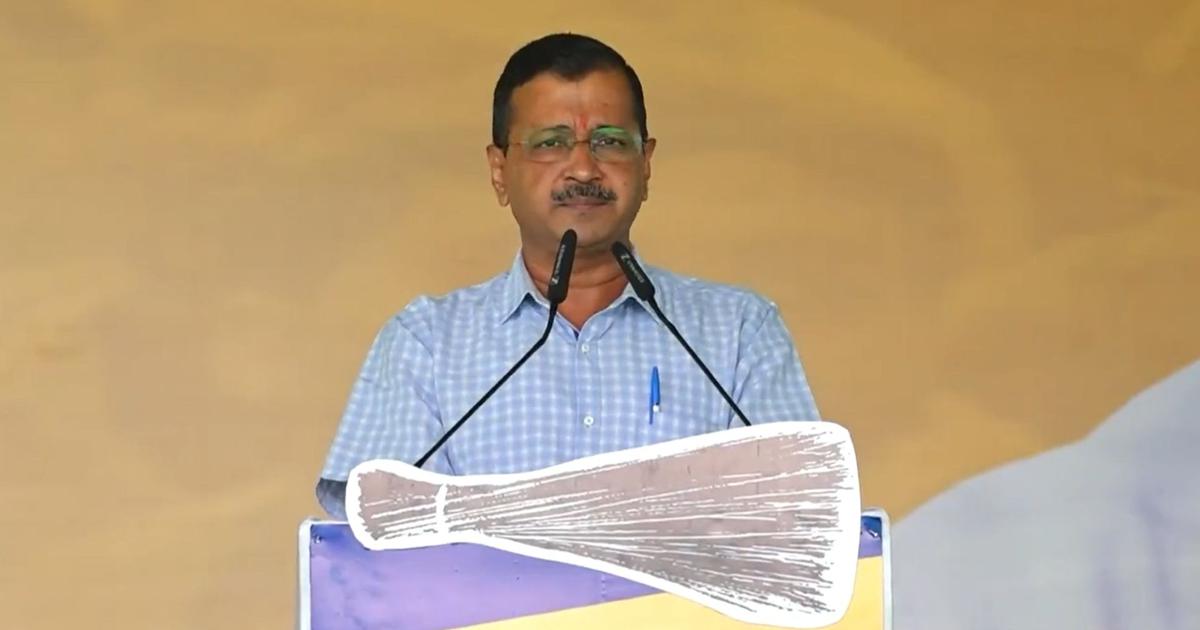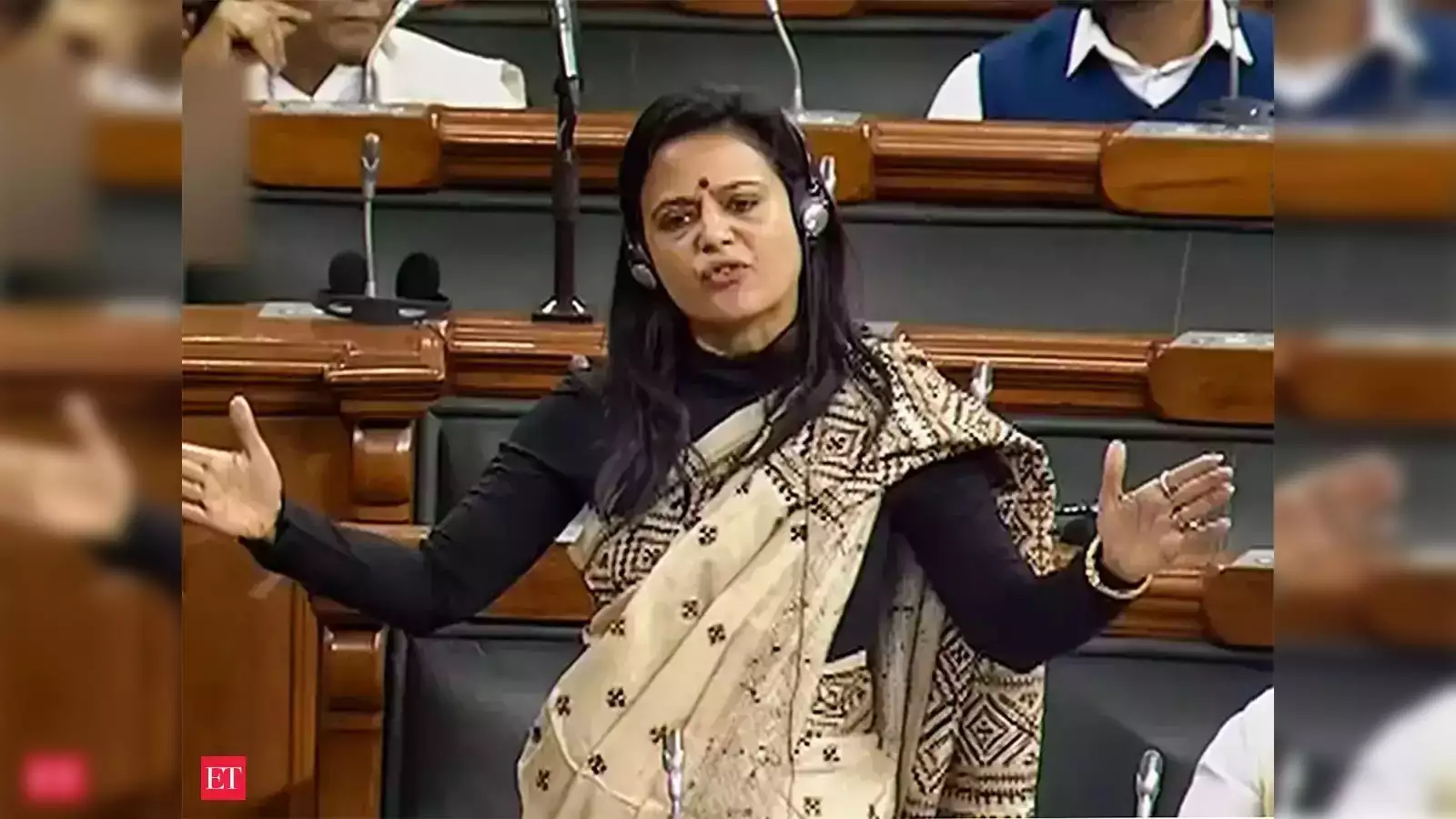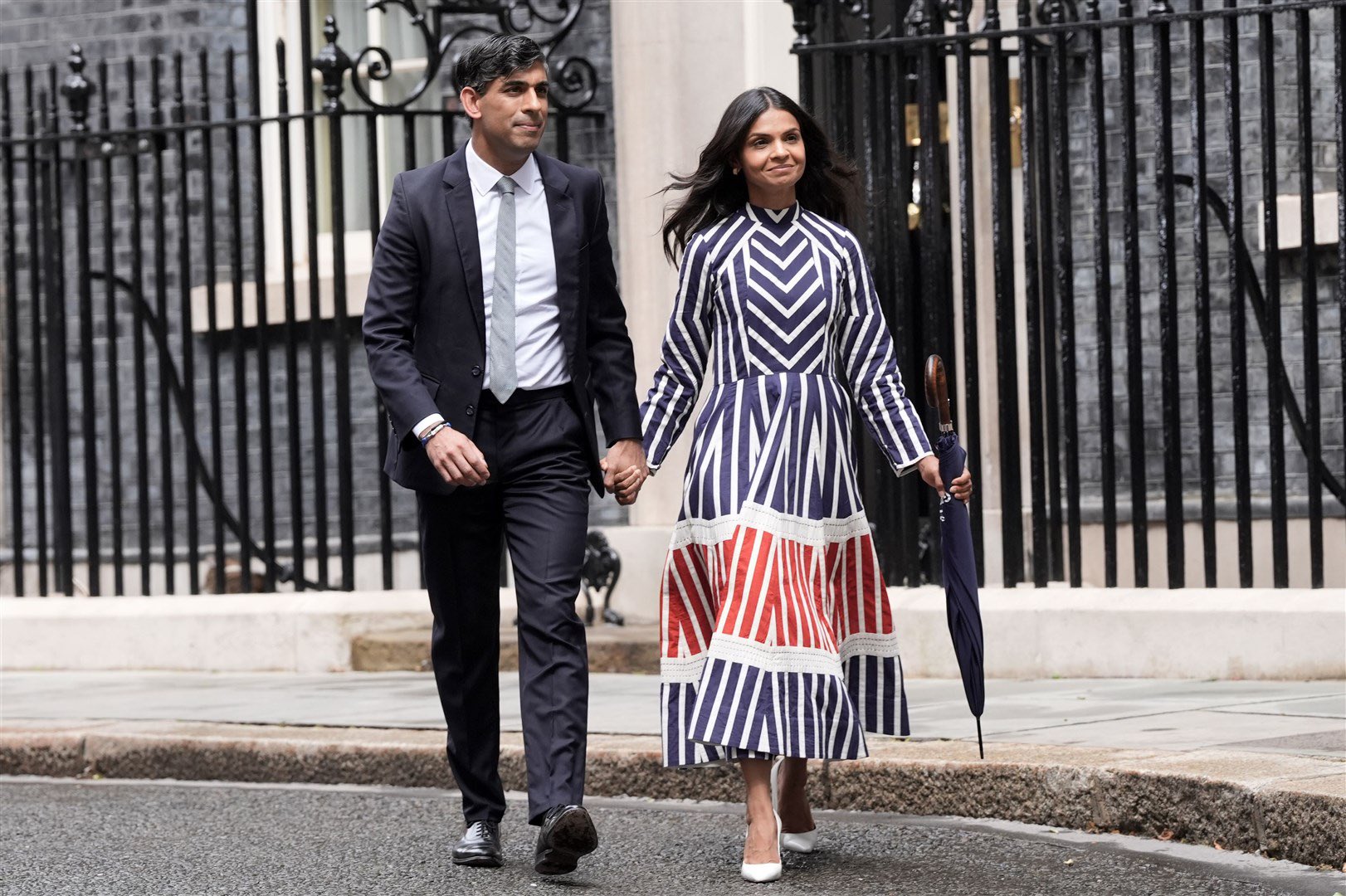The Enforcement Directorate (ED) has presented evidence alleging that Delhi Chief Minister Arvind Kejriwal demanded Rs 100 crore in kickbacks related to the now-withdrawn Delhi liquor policy. This claim was made during a hearing at the Rouse Avenue Court in Delhi. Here’s an in-depth look at the proceedings and the broader implications of this case.
Key Developments:
- Judicial Custody Extended: Arvind Kejriwal’s judicial custody has been extended until July 3.
- Money Laundering Charges: The ED asserts that the court is convinced a money laundering case is substantiated.
- Kejriwal Not Named in Chargesheets: Despite the allegations, Kejriwal’s legal team argues that he has not been named in any chargesheets filed under the Prevention of Money Laundering Act (PMLA).
Court Proceedings and ED’s Assertions
During the hearing, Additional Solicitor General SV Raju, representing the ED, presented the court with what he claimed to be substantial evidence against Kejriwal. He emphasized that the court’s acknowledgment of the money laundering charges indicates a prima facie case.
“The court’s cognisance of money laundering shows that prima facie the court is convinced that a case of money laundering is made here. The CBI probe revealed that Kejriwal had demanded a bribe of Rs 100 crore. We had collected evidence even before the arrest,” said Raju.
Raju further noted that the rejection of bail applications for co-accused individuals, including former Delhi minister Manish Sisodia, underscores the court’s stance on the seriousness of the charges. The ED’s argument is that the evidence against Kejriwal was gathered well in advance of his arrest, suggesting premeditated involvement in the alleged corruption.
Kejriwal’s Defense Strategy
Arvind Kejriwal, appearing via video conference, defended himself through his lawyer, Vikram Chaudhary. Chaudhary argued that Kejriwal had not been named in any chargesheets under PMLA, nor in the CBI’s FIR.
“Even in the FIR lodged by the CBI, Kejriwal has not been named as an accused,” Chaudhary noted. He further criticized the ED’s reliance on witness statements, suggesting these witnesses were coerced into testifying against Kejriwal with promises of bail.
“The entire case is based only on the statements of witnesses who were arrested earlier and promised bail. They were promised pardon… they are not saints. The credibility of these people is questioned. The whole case started in August 2022 and Kejriwal’s arrest took place in March 2024, just before the elections. There is also malice behind the timing of Kejriwal’s arrest,” Chaudhary stated.
Chaudhary also pointed out that the Supreme Court had permitted Kejriwal to file a bail petition in the lower court, highlighting that procedural fairness should be maintained.
Broader Context and Political Implications
The allegations against Kejriwal stem from the Delhi liquor policy, which was introduced and later withdrawn amid accusations of corruption. The ED’s claim of a Rs 100 crore bribe demand adds a significant dimension to this case, with potential ramifications for Kejriwal’s political career and the broader political landscape in India.
Political Timing: The timing of Kejriwal’s arrest, just before the elections, has raised questions about possible political motivations. His defense team argues that the arrest is a politically motivated move to tarnish his reputation ahead of crucial elections.
Impact on AAP: The Aam Aadmi Party (AAP), which Kejriwal leads, has positioned itself as a party committed to transparency and anti-corruption. These allegations, therefore, strike at the core of AAP’s political narrative. The party’s ability to manage this crisis will be crucial in maintaining its political standing and voter trust.
Legal and Procedural Fairness: The case also highlights issues of legal and procedural fairness. Kejriwal’s defense team has emphasized that he has not been named in any chargesheet and that the case relies heavily on witness testimonies from individuals who were promised leniency. The judicial process’s integrity in handling high-profile cases involving political figures is under scrutiny.
The extension of Arvind Kejriwal‘s judicial custody and the ED’s firm stance on the money laundering charges suggest that this high-profile case will continue to be a significant legal and political saga. The allegations of a Rs 100 crore bribe demand add to the complexity and high stakes of the situation. As the case unfolds, its implications for Kejriwal, the AAP, and the broader political environment in India will be closely watched. The outcome will likely influence public perception and political dynamics as the country approaches the upcoming elections.




One thought on “Arvind Kejriwal Faces Rs 100 Crore Bribe Allegations: ED Claims Proof in Liquor Policy Case”
Comments are closed.